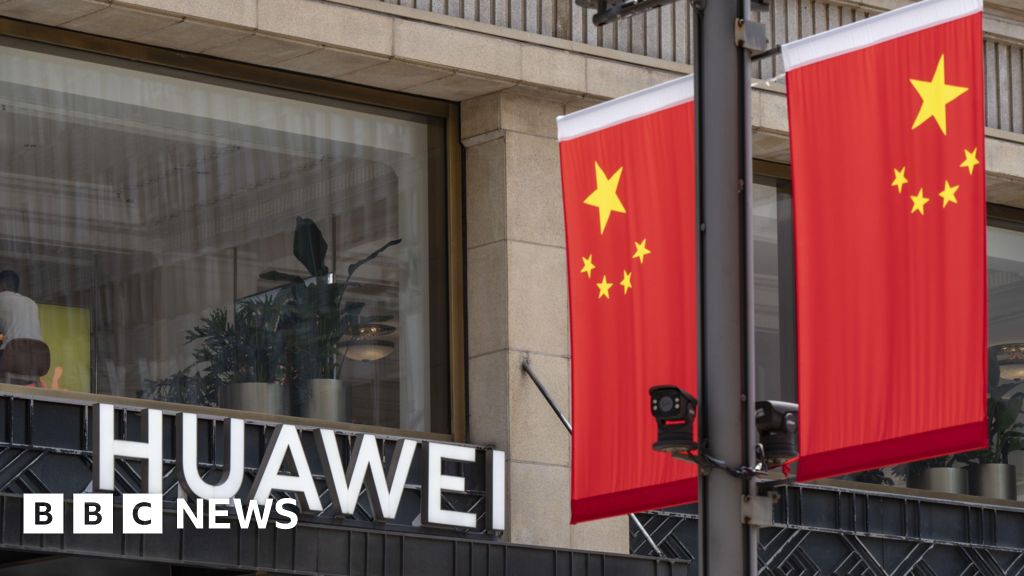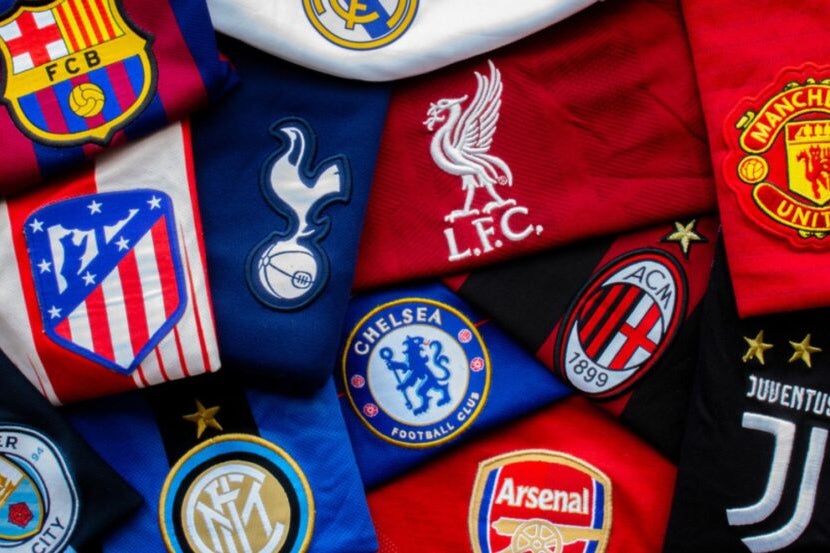Joe Biden, the Vice President of the United States (Photo courtesy of Getty Images/Drew Angerer)
courtesy of Getty Images
Biden may prolong student loan forgiveness beyond September 30, but he faces a significant problem.
Here’s everything you need to know about it.
Right now, there are two parallel paths for your student loans. The first is student loan cancellation, which refers to the likelihood of at least some student loan borrowers having their loans cancelled on a large scale. However, it does not appear like a large-scale cancellation of student loans is in the cards very soon. Student loan cancellation looks to be in limbo, with the Biden administration focusing on the infrastructure plan and no word on a prospective timeline. The second – and more immediate – alternative is to extend student loan relief beyond September 30, 2021, when the following provisions will be phased out:
There will be no federal student loan payments; interest rates on federal student loans will be set at 0%; and federal student loans in default will not be collected.
Federal student loan payments will be due on October 1, 2021, unless this student loan forbearance is extended.
The case for extending student debt relief is straightforward: student loan borrowers are still hurting financially as a result of the Covid-19 outbreak, and it is too soon for them to repay their loans. There are other reasons for deferring student loan payments, but this is one of the most important. According to a new survey, 90% of student loan borrowers are not prepared to begin repaying their debts on October 1st. However, the term “ready” could mean “financially ready,” “psychologically ready,” or a combination of the two. Opponents of extending student debt relief argue that borrowers will have been without federal student loan payments for 18 months. According to the US Department of Education, this amounted to $5 billion in monthly student loan cancellations. During the Covid-19 pandemic, student loan debtors will receive more than $90 billion in loan cancellations. This student loan relief comes on top of the $3 billion in cuts Biden has made since taking office. Opponents argue that extending student loan relief has a direct cost, even though the Covid-19 pandemic has been devastating on numerous fronts, both economically and otherwise.
ADDITIONAL INFORMATION FOR YOU
Despite the arguments on both sides, Biden confronts an even more difficult decision in terms of providing student loan relief beyond September 30. Biden is well aware of both sides of the debate over whether or not to grant relief. On the one hand, extending student loan relief would aid borrowers who are grappling with crippling student loan debt as a result of the unprecedented pandemic. On the other hand, student loan relief comes at a price, according to the Education Department, which was more than $5 billion every month during the Covid-19 pandemic. The president’s main concern, though, is the symbolism of extending student loan forgiveness. Biden is in charge of the country’s economic recovery. Politically, it’s difficult to claim that the economy is improving, that employment numbers are solid, and that new jobs are being generated. Then, at the same time, claim that the economy is in such bad shape that student loan debtors should not be required to pay their loans after receiving 18 months of student loan forgiveness. The messages are incompatible. However, not every decision made in Washington is based on political calculations, and proponents of student loan relief will argue that individuals should come first. However, it will be difficult for the president to argue that the economy is improving while also claiming that this is not the case for student loan borrowers. This doesn’t rule out the idea of Biden extending student debt relief beyond September 30, but it’s something that must be on the Biden administration’s mind as it examines next measures on student loans.
Even if student loan forgiveness is extended, keep in mind that it is just for a limited time. When payments begin, you will still owe the balance on your student loan, and your interest rate will be reinstated. That is why it is vital to begin repaying your student debts as soon as possible. Make a student loan strategy. Here are a few smart choices:
Against Navient, a student loan borrower received $178,000 in loan cancellation.
The Supreme Court has denied the cancellation of student loans — here’s what happened.
Schumer wants to eliminate student loans, but new evidence shows that doing so benefits the wealthy.
Student loans totaling $3 billion have now been cancelled by Biden./n

/https://specials-images.forbesimg.com/imageserve/5fd4f45b6dd9634c7e6c0032/0x0.jpg?cropX1=1010&cropX2=4287&cropY1=0&cropY2=2436)



